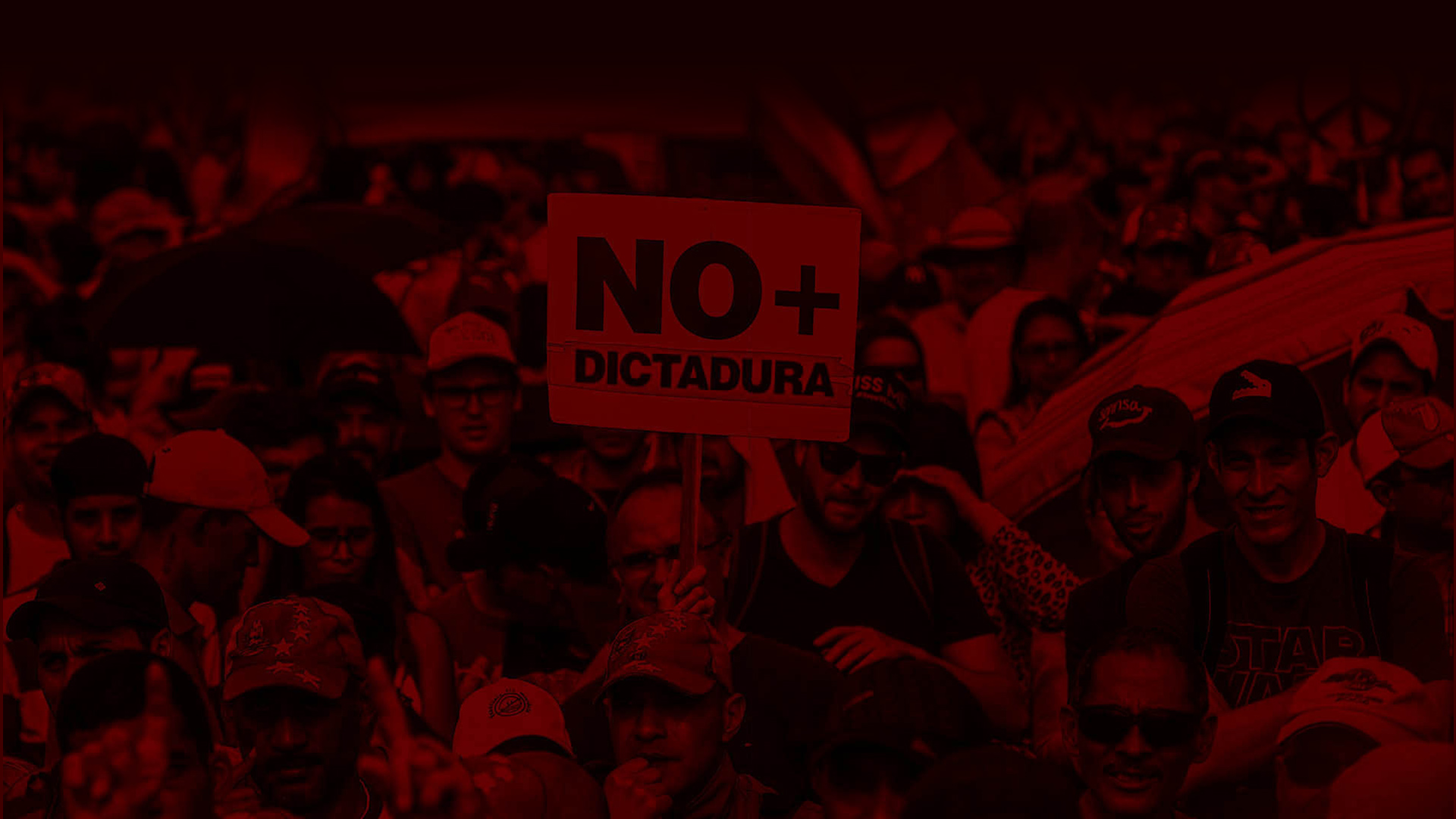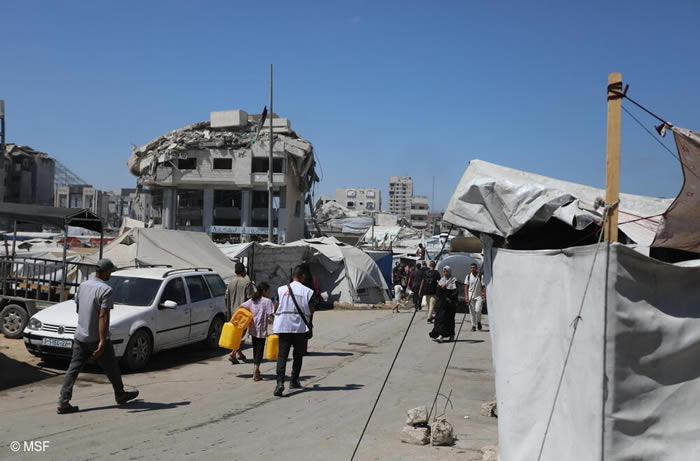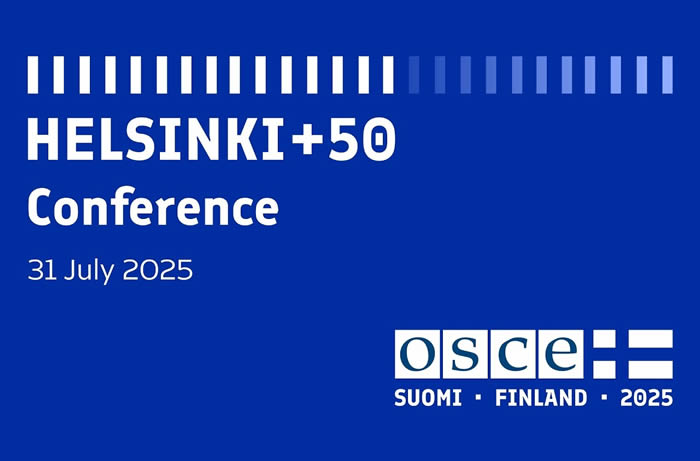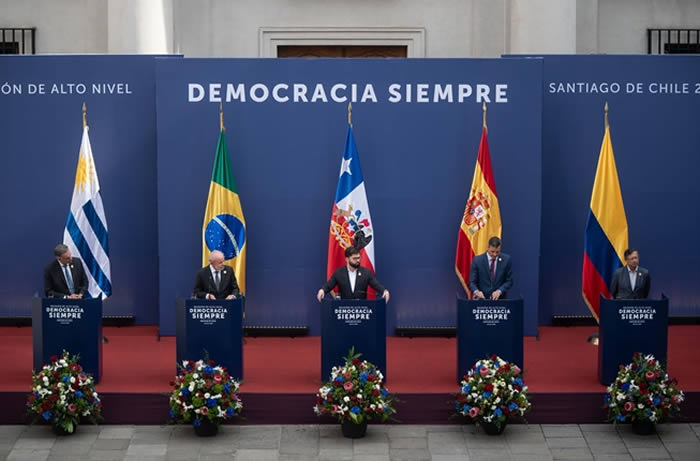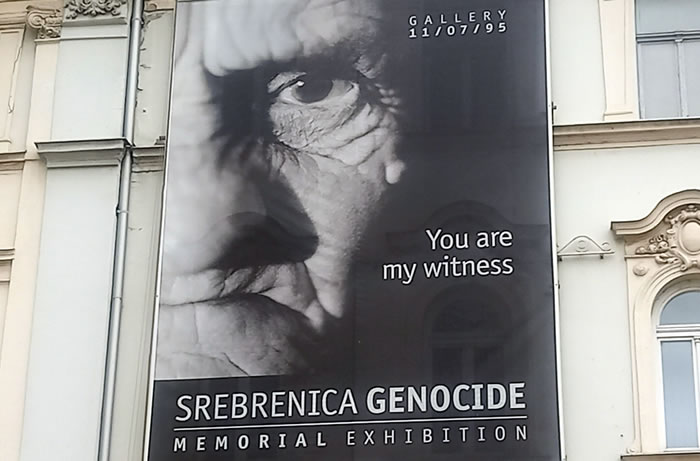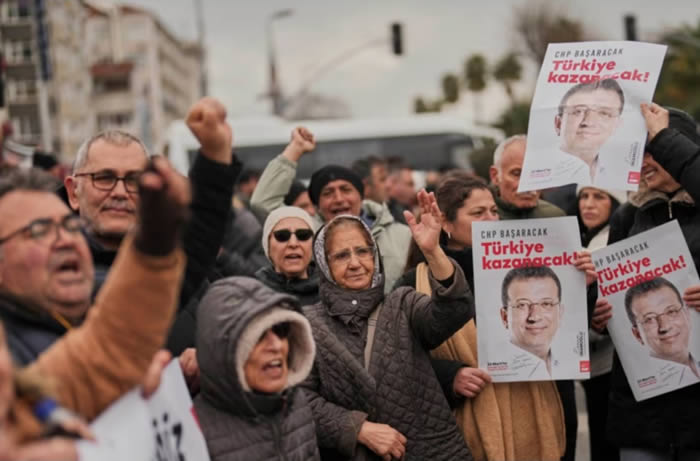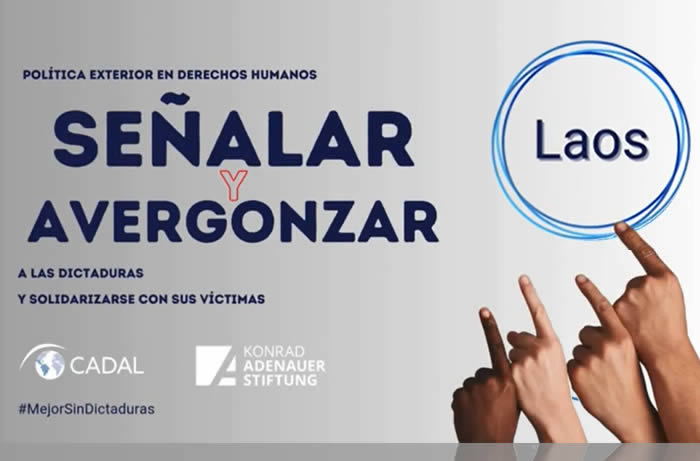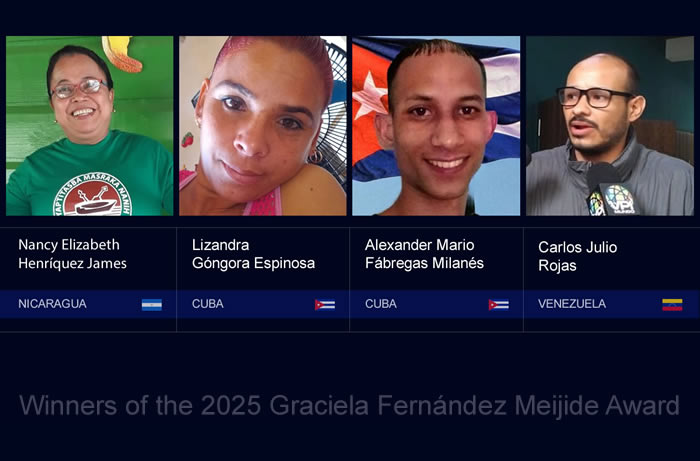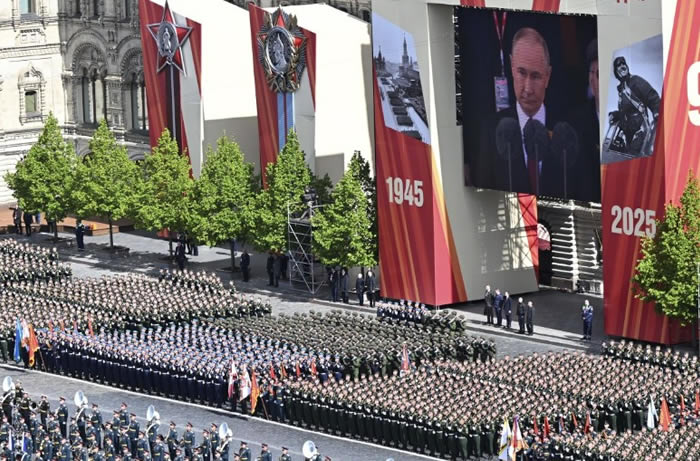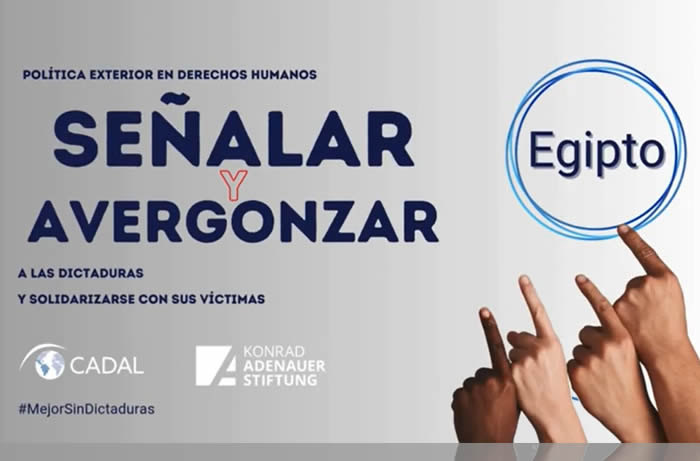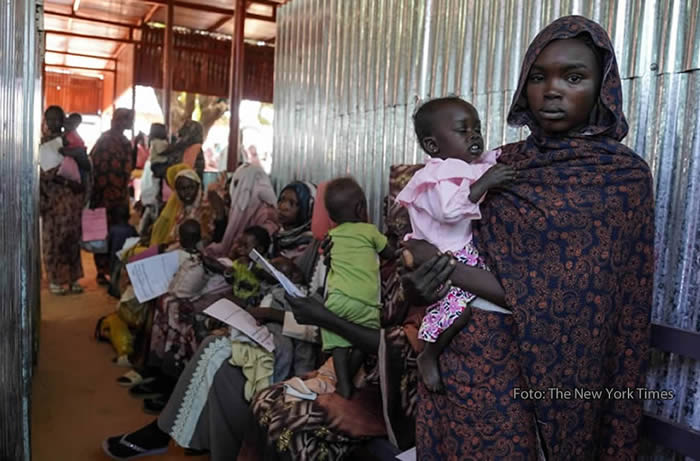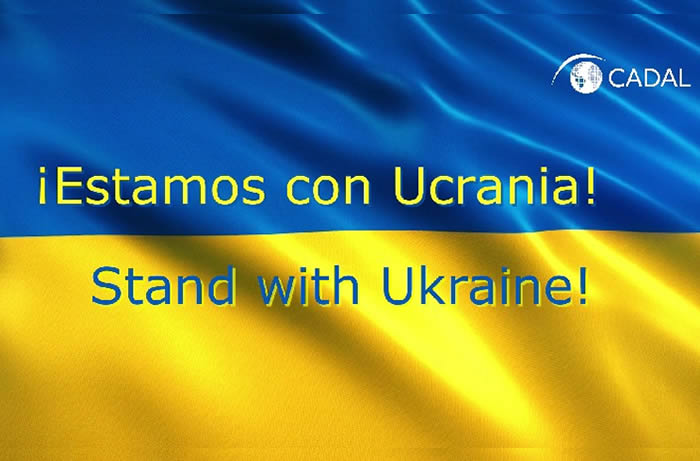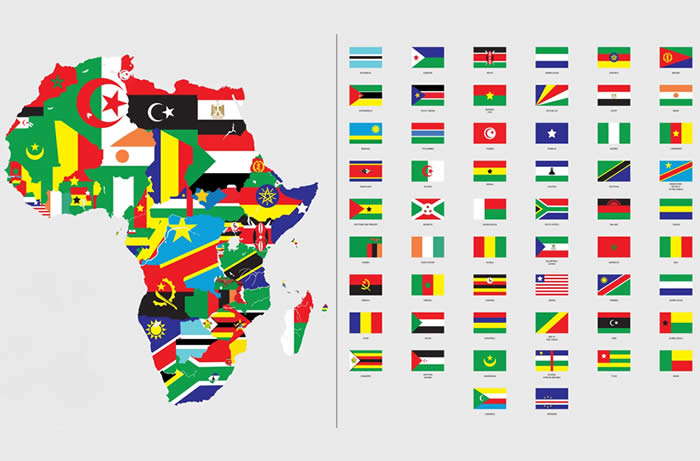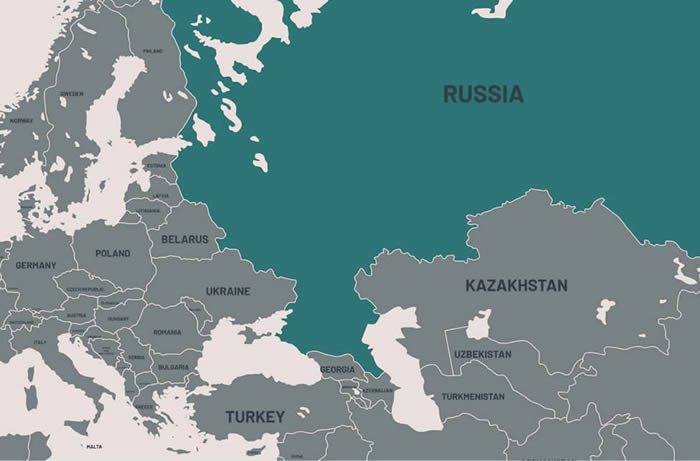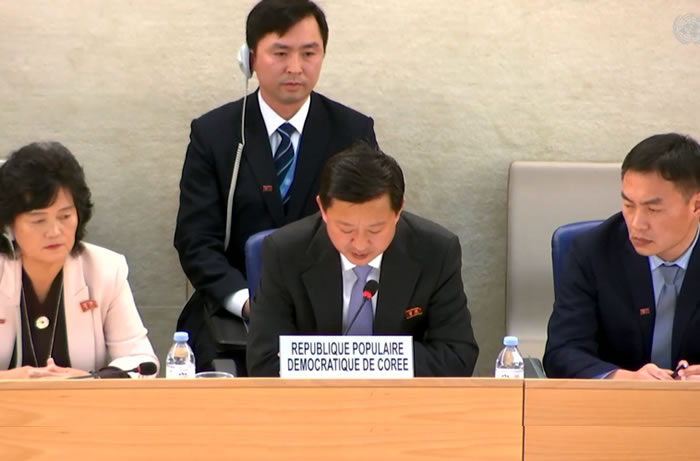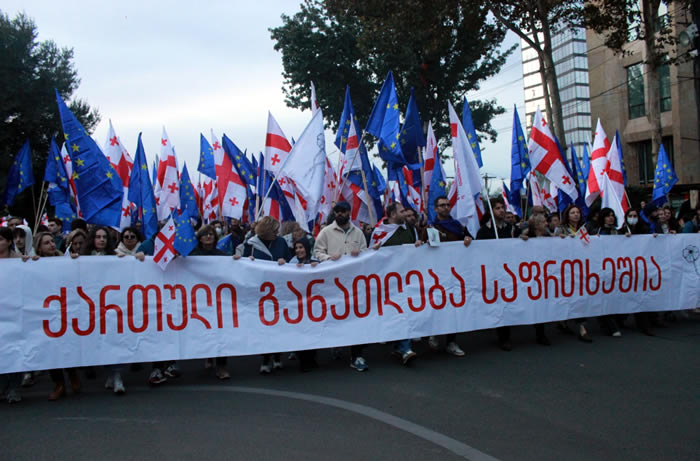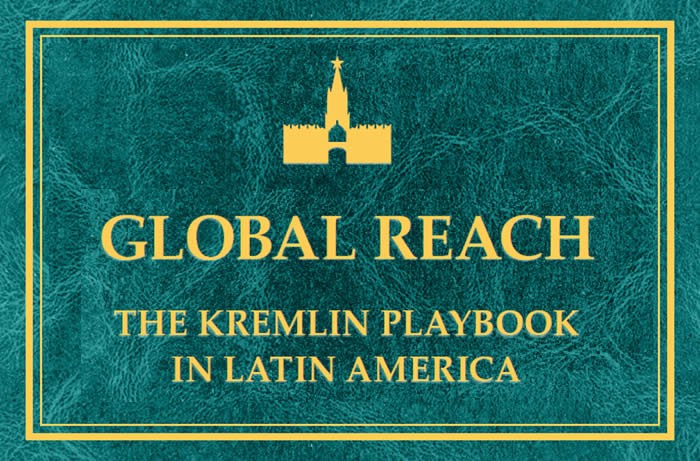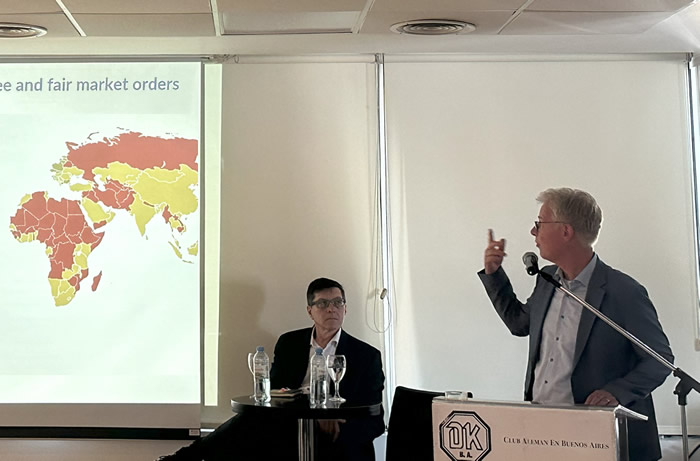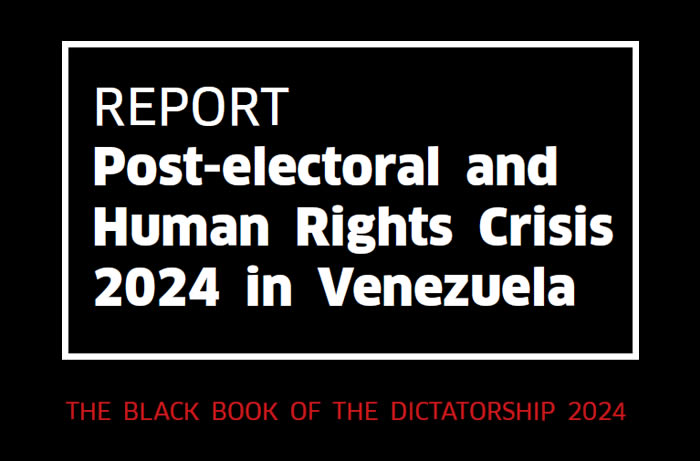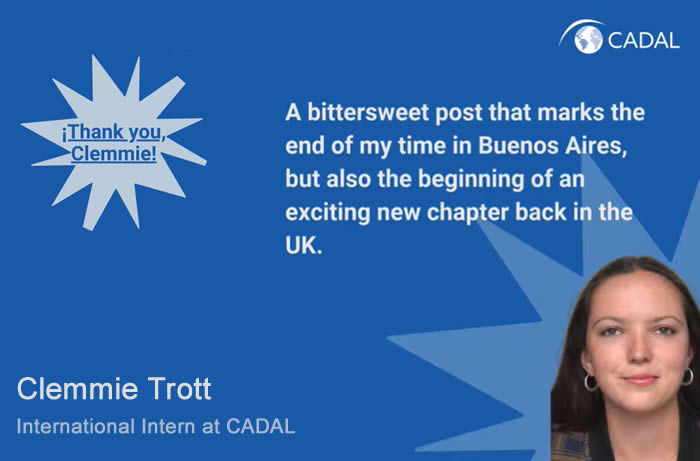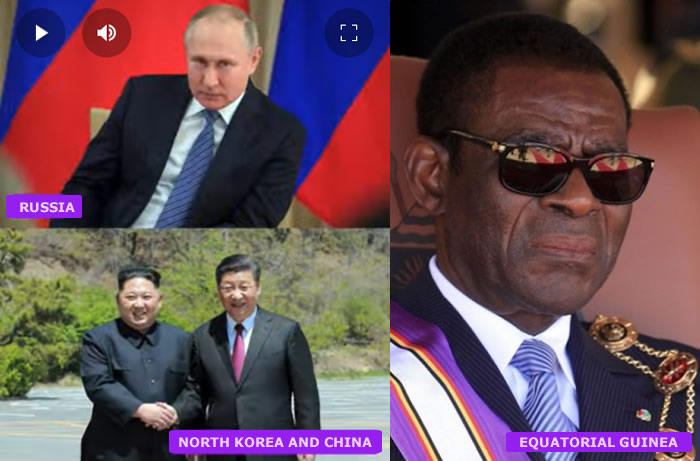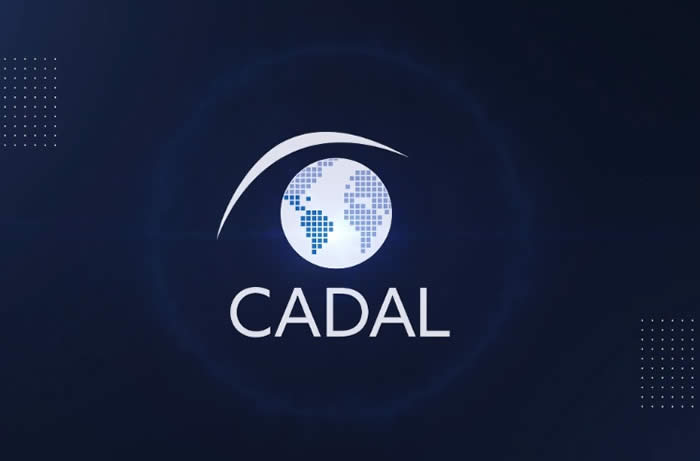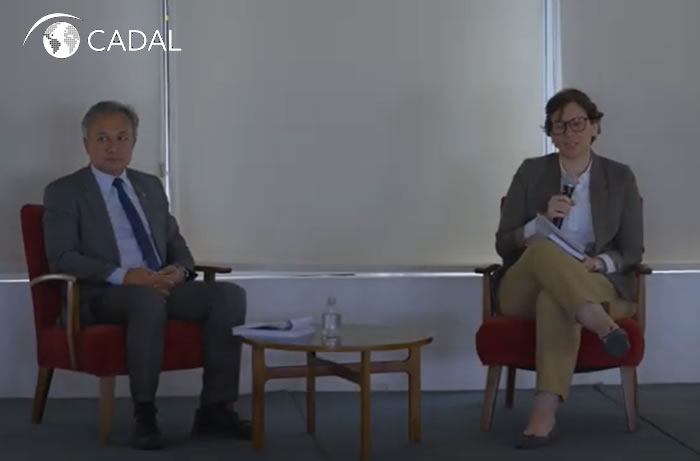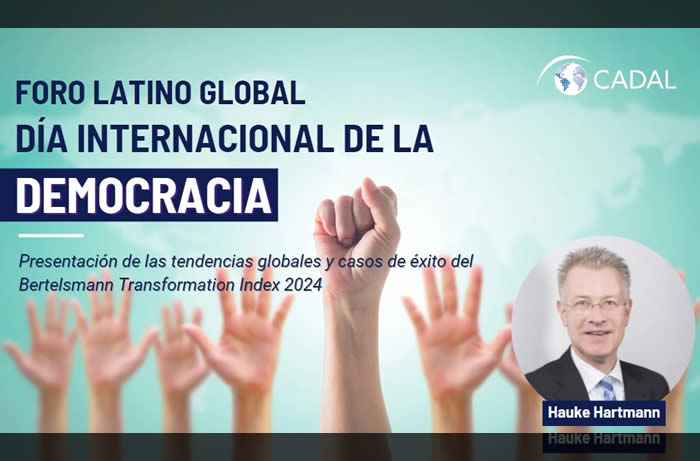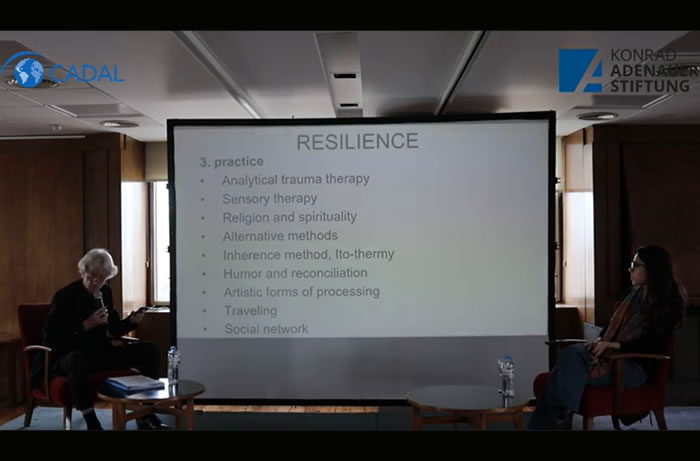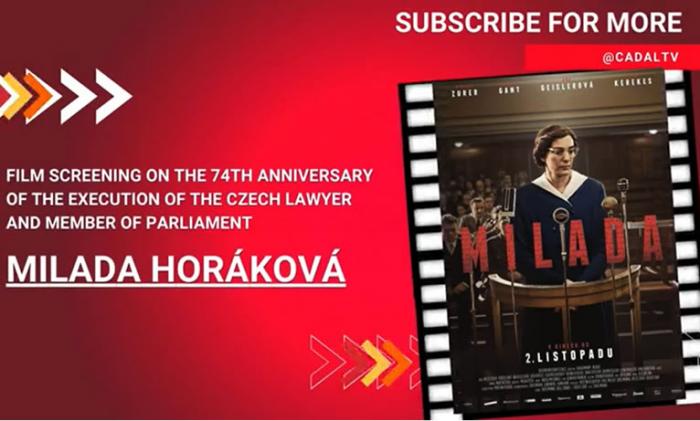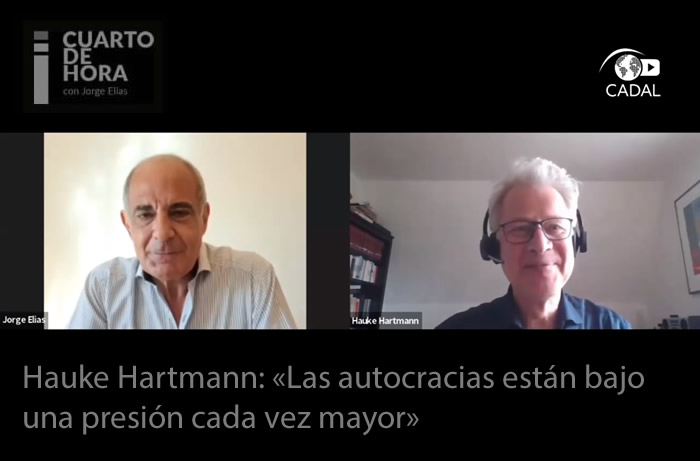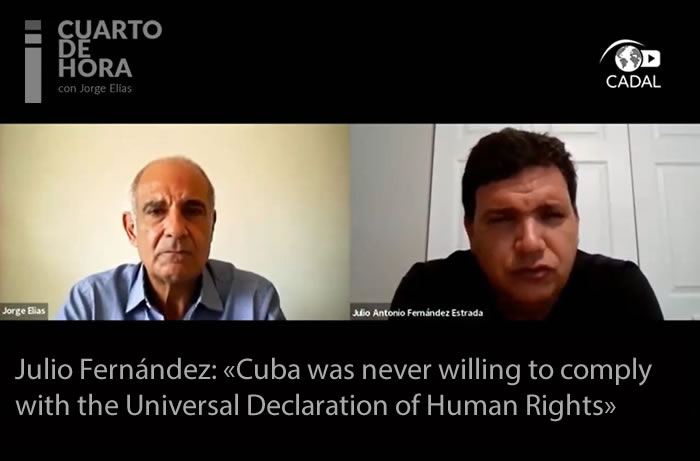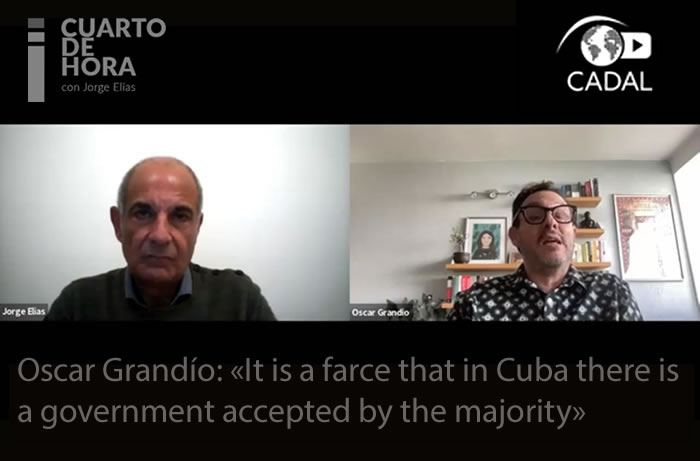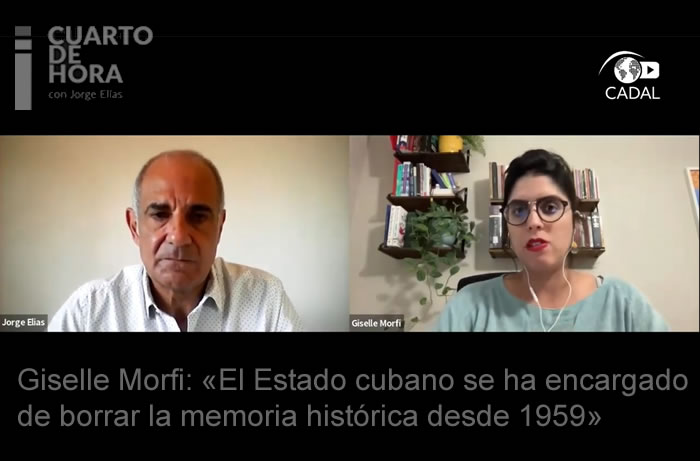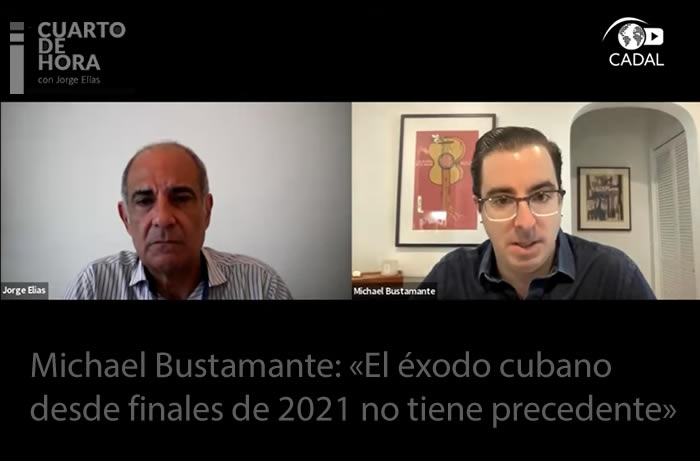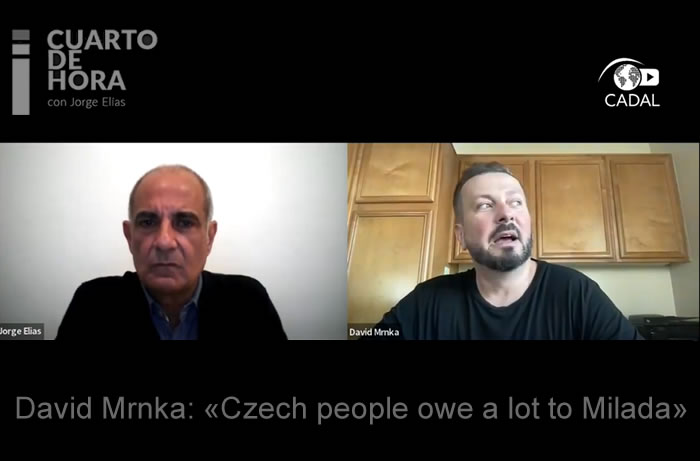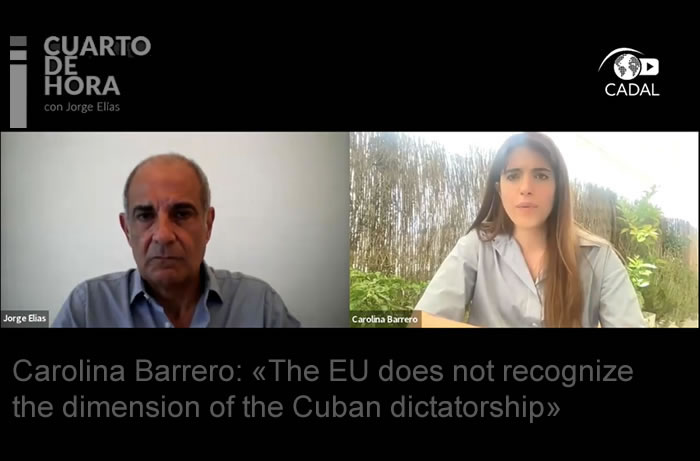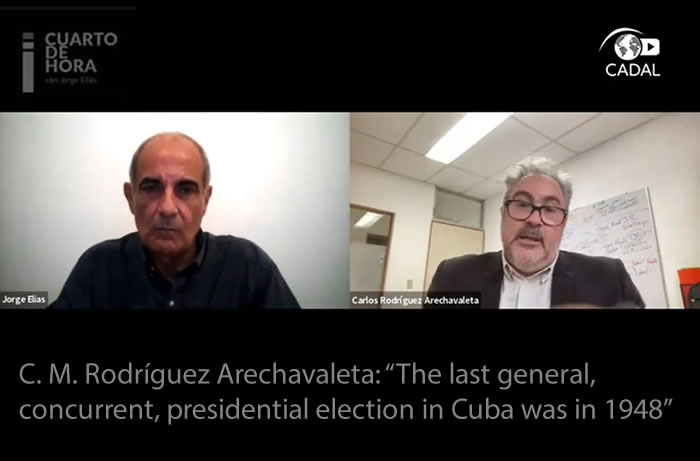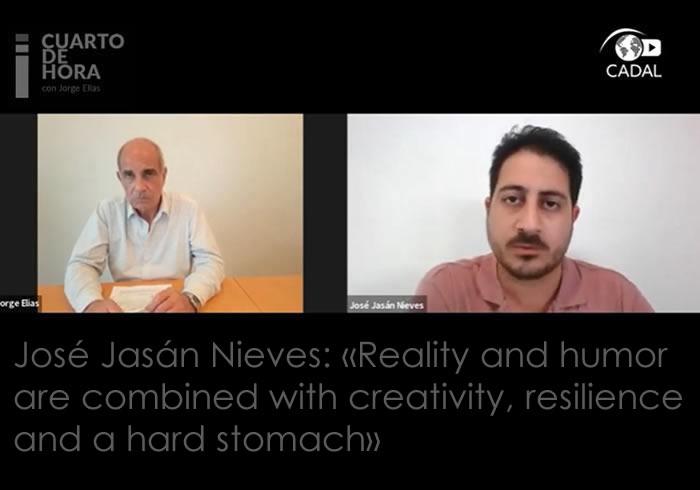Articles
International Relations and Human Rights Observatory
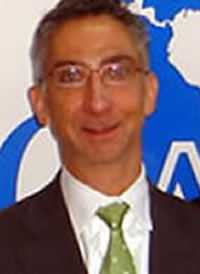 11-06-2009
11-06-2009Here we go again: Nicaragua-Honduras-re-election
By Christopher Sabatini
Just south of Honduras, in Nicaragua, another constitutional crisis is brewing over re-election. And while attention is focused on Honduras, many of the actors that stood on the sidelines leading up to the June 28 coup in Honduras are standing on the sidelines again as political totalitarian ambition and institutions head toward a train wreck.
In this case, Sandinista President Daniel Ortega has sparked a constitutional crisis of his own by—like his friend Honduran President Manuel Zelaya—pushing for a constitutional reform to allow himself to run for re-election in 2011.
In this case, though, six members of the Ortega-packed Supreme Court supported the reform (under the curious and specious decision that Article 147 of the constitution was “inapplicable.” Huh?), and the Nicaraguan Congress refused to question it. The President of the Supreme Court declared his opposition to the ruling, but the pro-Ortega Sandinista congressional representatives spurned the opportunity to overturn it.
So wait: the Nicaraguan Supreme Court approved it, and Nicaraguan Congress supported the Supreme Court’s decision. If this were Honduras this would be constitutional, right? That’s what U.S. conservatives have been saying: that the coup in Honduras wasn’t a coup because the Honduran Congress and Honduran Supreme Court supported it, and thus democratic institutions had spoken. (Note: in both cases, the Supreme Court acted in secret with no public debate; in Honduras it was to arrest President Zelaya; in Nicaragua it was to support Daniel Ortega’s totalitarian plan.)
So which one was democratic? Neither. But we won’t find many people agreeing about that or taking June 28th as a lesson in attempting to push back on Ortega’s power grab. (The exceptions are the U.S. Ambassador in Nicaragua whose criticisms earned him a strong rebuke by pro-Sandinista mobs and the U.S. Ambassador in Honduras whose support for negotiations earned him a strong rebuke from Republican Congressman Connie Mack.)
Human rights groups that sprang into action to criticize the coup in Honduras and the government of de facto President Roberto Micheletti have been silent on the events and looming train wreck in Nicaragua. One would think this would be an opportunity to demonstrate objectivity and nonpartisanship in the defense of democracy and head off a crisis. Nothing.
And conservatives who criticized Zelaya and claimed that the June 28th coup was the triumph of the rule of law would be loathe to say the same of the Supreme Court’s decision in Nicaragua—as they should be.
Both are right, both are wrong. But both, ultimately, are non-state actors.
The curious absence has been that of the multilateral organizations that failed to act in Honduras and are now too consumed with events in Honduras to act in Nicaragua. The Organization of American States, if it’s going to make good on the Inter-American Democratic Charter needs to act quickly. Acting ex post, as we saw in Honduras, only aggravates internal polarization, undermines the perception of their objectivity and thus their ability to serve as an honest broker, and leads to charges of interference. But again. Nothing.
 Christopher SabatiniAdvisory CouncelorPhD in government, University of Viriginia. Researcher in Latin America for Chatham House and former professor at the School of International and Public Affairs (SIPA) from Columbia University.
He is a member of the Advisory boards at Harvard University, the America’s Division of the Advisory Board of Human Rights Watch and of Fundación Interamericana. HFX Fellow at the Foro de Seguridad Internacional of Halifax.
Frequent collaborator in political magazines and newspapers and pundit on subjects regarding Latin America and foreign policy. He has appeared in multiple ocasions before the Senate and the House of Representatives of the United States.
In 2015 he founded and directed Global Americas, a nonprofit research organization, and edited his news website. Between 2005 and 2014 he was superior director of politics at the Sociedad and Consejo de las Américas (AS/COA) and founder and editor in chief of Americas Quarterly. At AS/COA he was the president of the work groups studying the rule of law in Cuba.
He also was the director for Latin America and the Caribbean of the National Endowment for Democracy and scholar of the Asociación Americana para el Avance de la Ciencia, working at the Centro para la Democracia y la Gobernanza de la Agencia de los Estados Unidos para el Desarrollo Internacional.
Christopher SabatiniAdvisory CouncelorPhD in government, University of Viriginia. Researcher in Latin America for Chatham House and former professor at the School of International and Public Affairs (SIPA) from Columbia University.
He is a member of the Advisory boards at Harvard University, the America’s Division of the Advisory Board of Human Rights Watch and of Fundación Interamericana. HFX Fellow at the Foro de Seguridad Internacional of Halifax.
Frequent collaborator in political magazines and newspapers and pundit on subjects regarding Latin America and foreign policy. He has appeared in multiple ocasions before the Senate and the House of Representatives of the United States.
In 2015 he founded and directed Global Americas, a nonprofit research organization, and edited his news website. Between 2005 and 2014 he was superior director of politics at the Sociedad and Consejo de las Américas (AS/COA) and founder and editor in chief of Americas Quarterly. At AS/COA he was the president of the work groups studying the rule of law in Cuba.
He also was the director for Latin America and the Caribbean of the National Endowment for Democracy and scholar of the Asociación Americana para el Avance de la Ciencia, working at the Centro para la Democracia y la Gobernanza de la Agencia de los Estados Unidos para el Desarrollo Internacional.
Just south of Honduras, in Nicaragua, another constitutional crisis is brewing over re-election. And while attention is focused on Honduras, many of the actors that stood on the sidelines leading up to the June 28 coup in Honduras are standing on the sidelines again as political totalitarian ambition and institutions head toward a train wreck.
In this case, Sandinista President Daniel Ortega has sparked a constitutional crisis of his own by—like his friend Honduran President Manuel Zelaya—pushing for a constitutional reform to allow himself to run for re-election in 2011.
In this case, though, six members of the Ortega-packed Supreme Court supported the reform (under the curious and specious decision that Article 147 of the constitution was “inapplicable.” Huh?), and the Nicaraguan Congress refused to question it. The President of the Supreme Court declared his opposition to the ruling, but the pro-Ortega Sandinista congressional representatives spurned the opportunity to overturn it.
So wait: the Nicaraguan Supreme Court approved it, and Nicaraguan Congress supported the Supreme Court’s decision. If this were Honduras this would be constitutional, right? That’s what U.S. conservatives have been saying: that the coup in Honduras wasn’t a coup because the Honduran Congress and Honduran Supreme Court supported it, and thus democratic institutions had spoken. (Note: in both cases, the Supreme Court acted in secret with no public debate; in Honduras it was to arrest President Zelaya; in Nicaragua it was to support Daniel Ortega’s totalitarian plan.)
So which one was democratic? Neither. But we won’t find many people agreeing about that or taking June 28th as a lesson in attempting to push back on Ortega’s power grab. (The exceptions are the U.S. Ambassador in Nicaragua whose criticisms earned him a strong rebuke by pro-Sandinista mobs and the U.S. Ambassador in Honduras whose support for negotiations earned him a strong rebuke from Republican Congressman Connie Mack.)
Human rights groups that sprang into action to criticize the coup in Honduras and the government of de facto President Roberto Micheletti have been silent on the events and looming train wreck in Nicaragua. One would think this would be an opportunity to demonstrate objectivity and nonpartisanship in the defense of democracy and head off a crisis. Nothing.
And conservatives who criticized Zelaya and claimed that the June 28th coup was the triumph of the rule of law would be loathe to say the same of the Supreme Court’s decision in Nicaragua—as they should be.
Both are right, both are wrong. But both, ultimately, are non-state actors.
The curious absence has been that of the multilateral organizations that failed to act in Honduras and are now too consumed with events in Honduras to act in Nicaragua. The Organization of American States, if it’s going to make good on the Inter-American Democratic Charter needs to act quickly. Acting ex post, as we saw in Honduras, only aggravates internal polarization, undermines the perception of their objectivity and thus their ability to serve as an honest broker, and leads to charges of interference. But again. Nothing.

